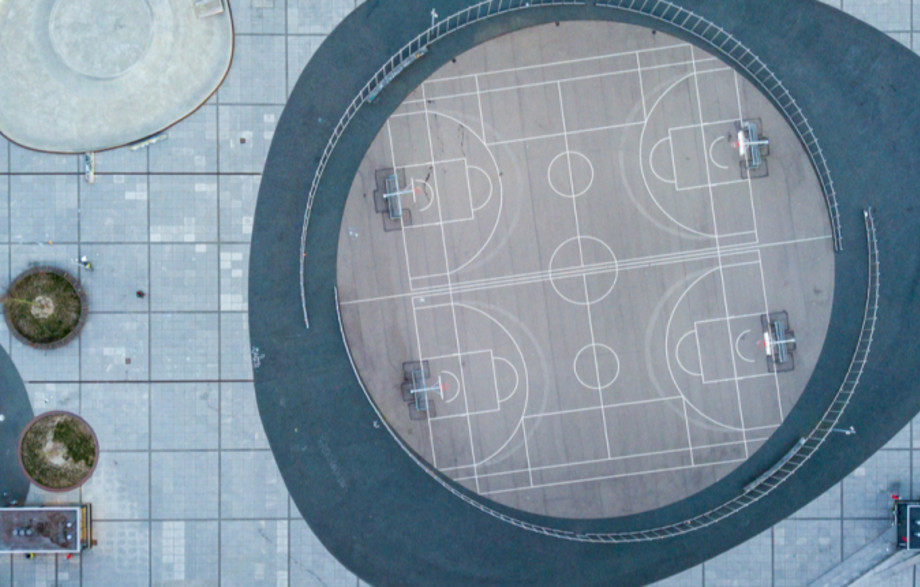Humanities and social scientists document the impact of the Covid-19 crisis

12.05.2020 l Latest news
Thirteen human and social data collection projects will examine how the Covid-19 crisis affects our lives and society. The VELUX FONDEN Board of Directors has decided to provide a total of DKK 5.5 million for the projects.
The Covid-19 crisis is not just a health crisis; it also fundamentally alters the way we live, impacting everyday life and society itself. At the beginning of April, VELUX FONDEN therefore decided to provide funding for human and social science projects that can collect unique data for research into the new conditions brought about by the crisis.
Of the 127 applications received for the foundation’s open reference, 13 projects have received funding to map the impact of the Covid-19 crisis on Danes and Danish society in a number of important areas. The data collected will provide an opportunity to gain knowledge of the challenges of this crisis in relation to many of VELUX FONDEN’s award areas.
Great need for behavioural researchFor Henrik Tronier, Head of Programme for VELUX FONDEN’s humanities research area, the many applications bear testimony to the high involvement of human and social sciences researchers in the challenges of the Covid-19 crisis:
“The Covid-19 crisis not only calls on the health sciences to find medical solutions, but also to a large extent on the human and social sciences to play their part. It has been shown that it is through the behaviour and attitudes of the people, political decisions and social responses that the disease has been fought so far and that lives have been saved. It is therefore important that the unique data on the crisis are collected for future research that can shed light both on the current crisis and thus responses to future challenges, e.g. in relation to the climate crisis and digitisation.”
Data sharing offers new perspectivesAs part of the foundation’s initiative, the allocated projects are invited to coordinate and share their collected data. Speaking about the sharing of data, Brit Ross Winthereik, Professor at the Center for Digital Welfare at the IT University of Copenhagen and one of the project managers for the project ‘Grammar of participation’ says:
“We welcome the invitation to collaborate across the data sets we create in the different projects. Just as the crisis has created new forms of cooperation and openness in medical research, it will be interesting to see how those of us working in the social sciences and humanities can use each other in creating knowledge about the impact of the crisis on the organisation of our lives and everyday lives.”
Klaus Høyer, Professor at the Department of Public health, Section of Health Services Research at the University of Copenhagen and project manager for the project ‘Keeping distance together’, adds:
“By working together to create complementary projects and sharing insights, we can look forward to learning more – both about Covid-19 and about the strengths and weaknesses of the approaches, methods and analysis that each of us contributes to the collaboration.”
Professor Brit Ross Winthereik, Center for Digital Welfare, IT University of Copenhagen et al.: ‘Grammar of participation: What can we learn from the profound digitisation of everyday life during the Corona Crisis?’ (DKK 1,238,160).
Head of Research Christian Sune Pedersen, National Museum et al.: ‘A Diary Project: Collection of everyday tales from Danes during the Corona Crisis – ethnological survey, creation of data wells, communication and preparation for research collaboration’ (DKK 1,082,000).
Professor Klaus Høyer, Department of Public Health at the University of Copenhagen et al.: ‘Keeping distance together – How the Danes are dealing with the Corona Crisis?’ (DKK 545,000).
Associate Professor Stefan Gaarsmand Jacobsen, Department of Communication and Humanities, Roskilde University et al.: ‘How can the health crisis strengthen the green transition? A Danish contribution to Bruno Latour’s re-description’ (DKK 247,972).
Associate Professor Anders Blok, Department of Sociology, University of Copenhagen et al.: ‘Cross-national dynamics of risk issue attitudes on social media during the Covid-19 outbreak’ (DKK 282,619).
Professor Morten Balle Hansen, Department of Politics and Society, Aalborg University et al.: ‘Coping with Covid-19 in Nordic Municipal Eldercare’ (DKK 286,184).
Associate Professor Kristina Grünenberg, Department of Anthropology, University of Copenhagen et al.: ‘Vulnerable elders, social relations and technological innovation in Corona times’ (DKK 335,969).
Associate Professor Magnus Paulsen Hansen, Department of Social Sciences and Business, Roskilde University et al.: ‘Unemployed in Times of Crisis - Experience and Responsibilisation of Unemployed During the COVID-19 Crisis’ (DKK 270,302).
Associate Professor Ida Wentzel Winther, Department of Educational Anthropology (DPU), Aarhus University et al.: ‘Family Life during the Covid-19 pandemic’ (DKK 171,782).
Associate Professor Stine Liv Johansen, School of Communication and Culture, Aarhus University et al.: ‘Children’s Digital Life During the Corona Crisis’ (DKK 165,512).
Associate Professor Barbara Fersch, Department of Sociology, Environmental and Business Economics, University of Southern Denmark et al.: ‘Risk, Emotions and Trust in a Health Crisis: The parent-teacher relation and digitalisation during the COVID-19 pandemic’ (DKK 78,750).
Associate Professor Mikkel Bille, Department of People and Technology, Roskilde University et al.: ‘The Pandemic City’ (DKK 584,115).
Associate Professor Peter Birkelund Andersen, Department of Cross-Cultural and Regional Studies, University of Copenhagen et al.: ‘The Covid-19 Crisis – Religion and Existential transformation’ (DKK 131,187).
